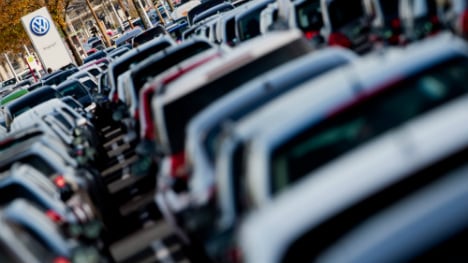Transport Minister Alexander Dobrindt told the Bundestag (German parliament) on Friday that 2.8 million cars were caught up in the scandal.
The number of cars affected by the cheating in Germany dwarfs the 500,000-odd vehicles believed to have had the software installed in the USA.
“From what we know currently, not only passenger cars but small utility vehicles by Volkswagen are also affected,” Dobrindt said, adding that diesel engines involved include 1.2 litre, 1.6 litre and 2.0 models.
The minister added that the government will ensure that Volkswagen provides “transparency as well as repairs the damage” caused by the deception.
The company admitted earlier this week that 11 million of its diesel vehicles worldwide are equipped with the software that covertly turns on pollution controls when the car is being tested, and off when it is being driven.
It is unclear which countries have been affected and which models of diesel are involved.
According to the US probe announced last Friday — which had led to the revelations – Volkswagen and Audi cars are affected.
However, the Volkswagen group also owns several other brands including SEAT, Skoda and Porsche.



 Please whitelist us to continue reading.
Please whitelist us to continue reading.